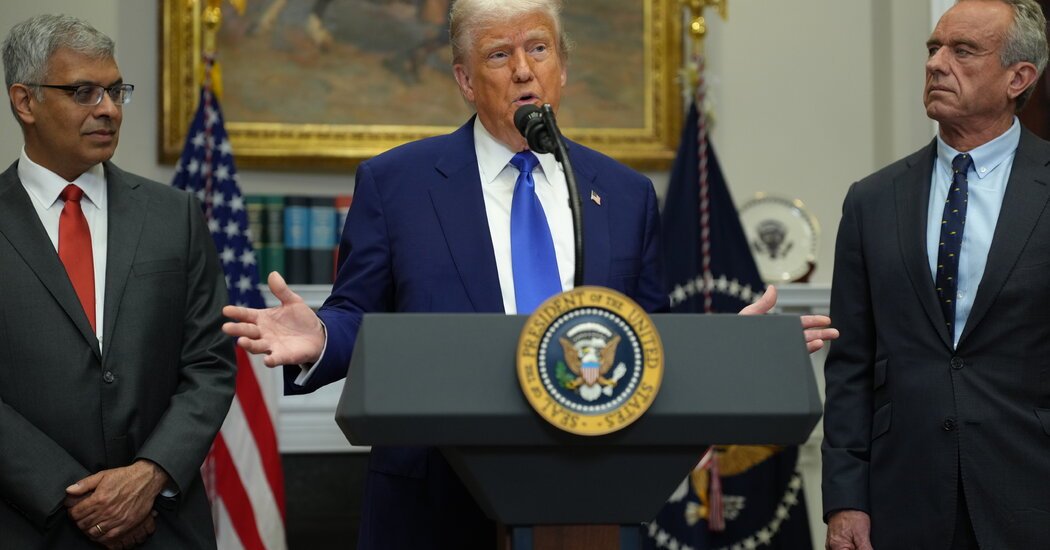The visit of International Monetary Fund chief Christine Lagarde has placed an uncomfortable spotlight on the fiscal woes of Africa’s biggest oil producer
When Christine Lagarde, the managing director of the International Monetary Fund, visited Nigeria this week, she called for more flexibility on the exchange rate, encouraging those who believe the naira could be devalued again very soon.
Her visit placed an uncomfortable spotlight on the fiscal woes of Africa’s biggest oil producer. Many Nigerians feel we are in a tough corner, and concern is growing over what President Muhammadu Buhari will do to plug the foreign exchange gap, boost revenues and diversify an economy that Lagarde said is too reliant on oil.
Before Lagarde touched down in Abuja, Nigeria’s central bank had been struggling to meet demand for forex while maintaining adequate reserves. The country’s external reserves dipped from $43.5bn (£30bn) in January 2014 to $29.4bn at the end of 2015.
About 90% of Nigeria’s foreign exchange income is tied to oil revenues, and the drop in prices to below $35 a barrel has resulted in forex earnings from this commodity tumbling from $20bn in the third quarter of 2014 to $11.6bn in the third quarter last year (pdf). The central bank governor, Godwin Emefiele, has so far imposed controls, drawing up a list of items that cannot be imported with officially sourced foreign currency. Banks are no longer taking forex at the counter, and Nigerians are allowed to withdraw no more than $300 a day at channels located abroad with their naira-denominated cards. There are also limits on how much foreign currency they can spend online.
These measures have enraged Nigerians, with some finding themselves stranded on holiday or in cyberspace, unable to pay for hotels or shopping. Businesses have to wait weeks to liquidate foreign exchange orders, hurting capital mobility.
And still the demand outstrips supply. The central bank was able to meet only a 10th of orders for foreign exchange in the third quarter (pdf), with demand rising to $61bn, while supply to banks and other licensed operators stood at $6bn, ultimately fuelling the parallel “black” market.
The disparity between the official exchange rate and black market rates has risen to more than 35%, but the central bank is still insisting it will not officially devalue the currency. Its determination to maintain this tough grip on the exchange rate is already affecting gross domestic product, with growth down to 2.84% in the third quarter of last year compared with 6.23% a year earlier.
The wider picture is that investor appetite remains weak compared with levels seen before Buhari’s election in March. Foreign investors are worried about the risk of devaluation but also affected by the wider withdrawal of funds from emerging markets because of the US Federal Reserve’s decision to raise interest rates last month.
The central bank has tried to use monetary easing to spark credit growth inside Nigeria. It has reduced the benchmark interest rate to 11%, and cut lending controls on deposits to 20%, specifically targeting lending to manufacturing and infrastructure.
But Nigerian market leaders are worried, despite the easier access to credit: if it takes weeks for them to get forex through official sources, it hurts their ability to operate and could lead to significant job losses. Banks trying to hedge their risks have shown greater interest in government debt, which is projected to reach $4.7bn this year.
For now, Nigeria has three choices. The central bank could continue its selective supply of dollars – a policy that is hurting growth, slowing forex supply from non-oil sources and complicating importers’ ability to access foreign exchange. Already, airlines are finding it hard to repatriate revenue from tickets sold abroad.
The problem is that with little forex coming in, and with reserves already standing at just $29bn, the central bank could soon find itself hitting the reserve adequacy prescription, under which it must hold forex reserves to cover six months of imports, or $27bn.
The second option could be to adjust the “price” of the naira. This devaluation is keenly anticipated by many foreign investors, but some analysts have warned it could lead to more speculative trade, and have questioned how the naira’s “fair value” will be determined. Until now, the government has rejected this course of action, but it may be forced to reconsider.
Buhari’s final option is to float the currency, allowing markets to determine the exchange rate. The current managed float system, which pegs the official rate at N197 to $1, has created opportunities for people to profit from the margin between the official rate and black market rates.
But allowing the naira to float could also result in a sharp jump in the cost of household items or energy, and boost inflation. That seems unthinkable, because sudden price increases could erode the credibility of Nigeria’s political leaders.
We are still waiting to see what the monetary authorities will do, but the current approach is not working, and the central bank’s independence appears in danger. We see central bank leaders seemingly bowing to political pressures. This will hurt the economy and eventually force the inevitable: the naira will have to be adjusted, either through a sequenced float or free float.
Maybe the government is waiting for a miracle, such as a sudden jump in oil prices. Lagarde has emphasised the need for fiscal discipline, but Nigeria’s political elite tend to turn a deaf ear to such pleas: witness parliament’s plans to spend $20m on cars, or the executive’s intention to spend another $18m on BMWs.
Nigeria’s leaders will need to show uncharacteristic, ruthless efficiency if the country is to get through this difficult period.
Oluseun Onigbinde is the lead partner at BudgIT, a civic organisation that works to engage citizens on how public budgets work
It's naira or never: Nigeria needs decisive action on its currency – The Guardian



